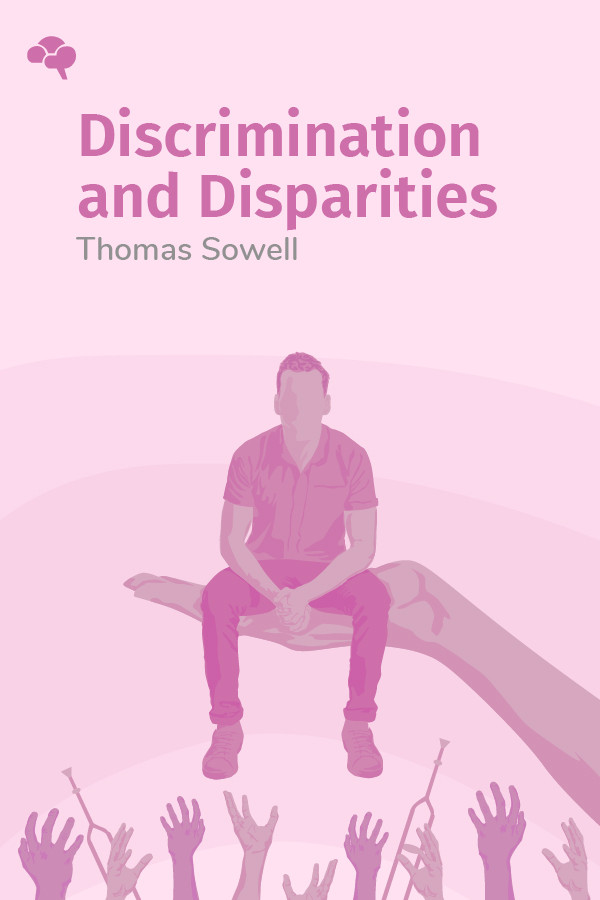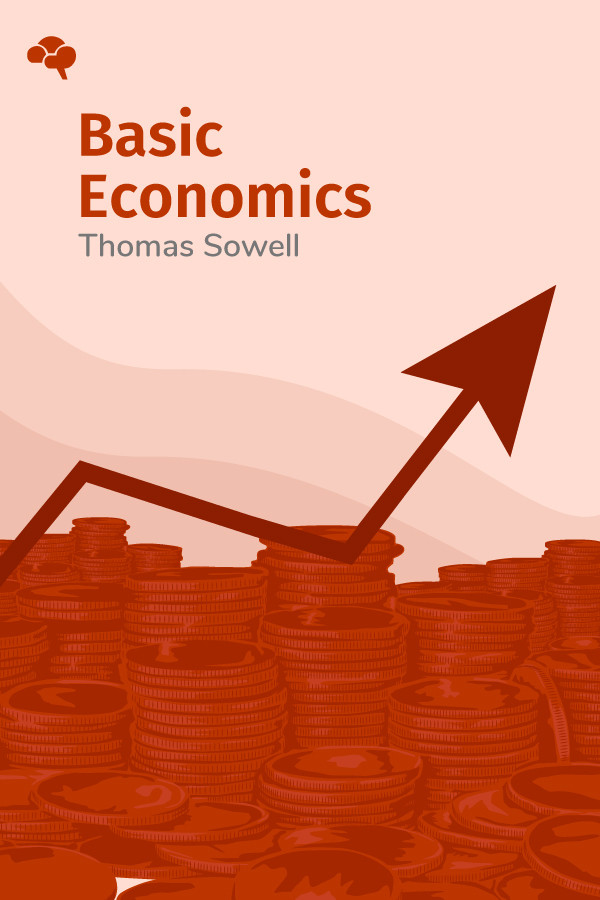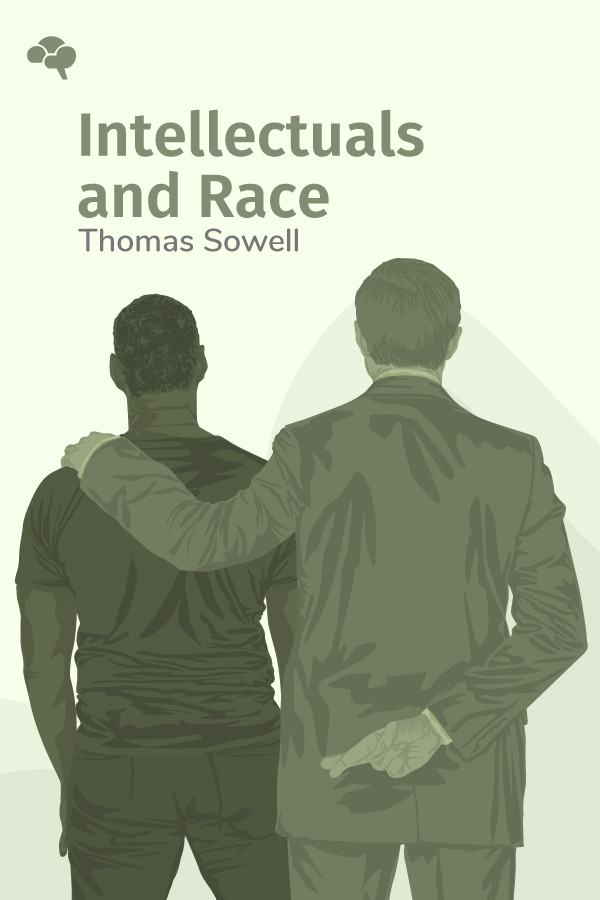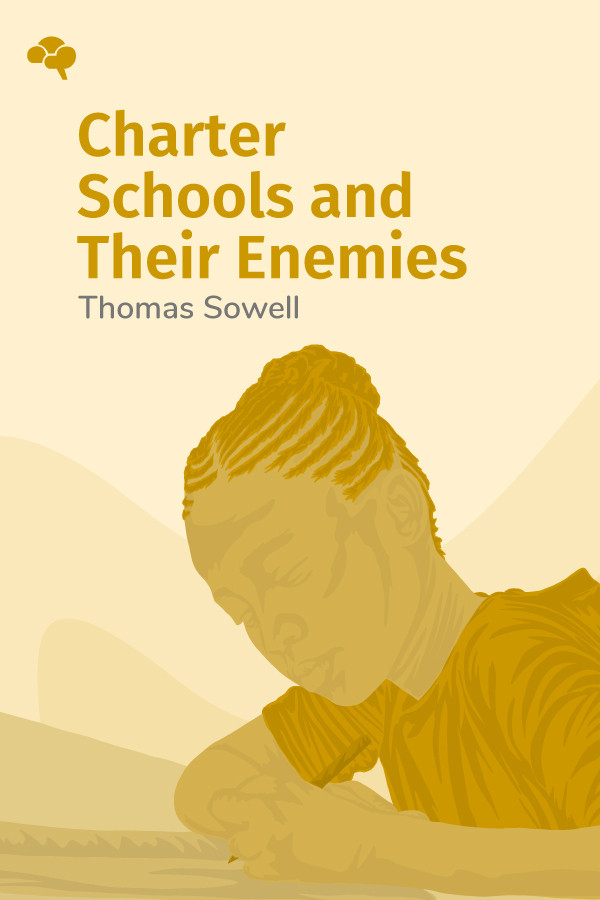Thomas Sowell
Thomas Sowell (/soʊl/; born June 30, 1930) is an American economist and social theorist who is currently a Senior Fellow at the Hoover Institution, Stanford University.
Sowell was born in North Carolina, but grew up in Harlem, New York. He dropped out of high school and served in the United States Marine Corps during the Korean War. He received a bachelor's degree, graduating magna cum laude from Harvard University in 1958 and a master's degree from Columbia University in 1959. In 1968, he earned his doctorate in economics from the University of Chicago.
Sowell has served on the faculties of several universities, including Cornell University and University of California, Los Angeles. He has also worked for think tanks such as the Urban Institute. Since 1980, he has worked at the Hoover Institution at Stanford University. He writes from a libertarian conservative perspective, advocating supply-side economics. Sowell has written more than thirty books (a number of which have been reprinted in revised editions), and his work has been widely anthologized. He is a National Humanities Medal recipient for innovative scholarship which incorporated history, economics and political science.
Discrimination and Disparities
Economist Thomas Sowell argues that single-factor explanations of disparities between individuals and groups (e.g., genetics, discrimination, or exploitation) fail to take life’s complexity or basic probability into account. Sowell reviews studies across numerous disciplines to build a case that misunderstanding the causes and acting on half-baked definitions of discrimination have often led to policies that harm the very people those policies were designed to help.
Basic Economics: A Common Sense Guide to the Economy
Economics isn’t as scary as it sounds. Stanford research fellow Thomas Sowell tries to demystify some of the basic concepts that many pundits and policy makers manage to twist and complicate.
Intellectuals and Race
There are many ideas about race. Economist Thomas Sowell argues that some are backed by evidence while many others are not. Many ideas about race that intellectuals put forward fall into the latter camp. Unlike other fields, where there are consequences for bad ideas, many intellectuals are immune to feedback. This means harmful ideas about race persist even when they conflict with reality.
Charter Schools and Their Enemies
Since the 1990s, the charter school movement has taken off across the United States. These charters are essentially public schools with fewer bureaucratic hoops to jump through, and their impact is often positive, especially in underprivileged minority communities. Despite their net success (or perhaps because of it, as Sowell points out), charter schools represent a threat to many comfortably ensconced traditional public school systems. Economist and Stanford research fellow Thomas Sowell has gathered the relevant data and urges the American people to understand this movement and the systematic subversion it is encountering.
Bio information sourced from Wikipedia




